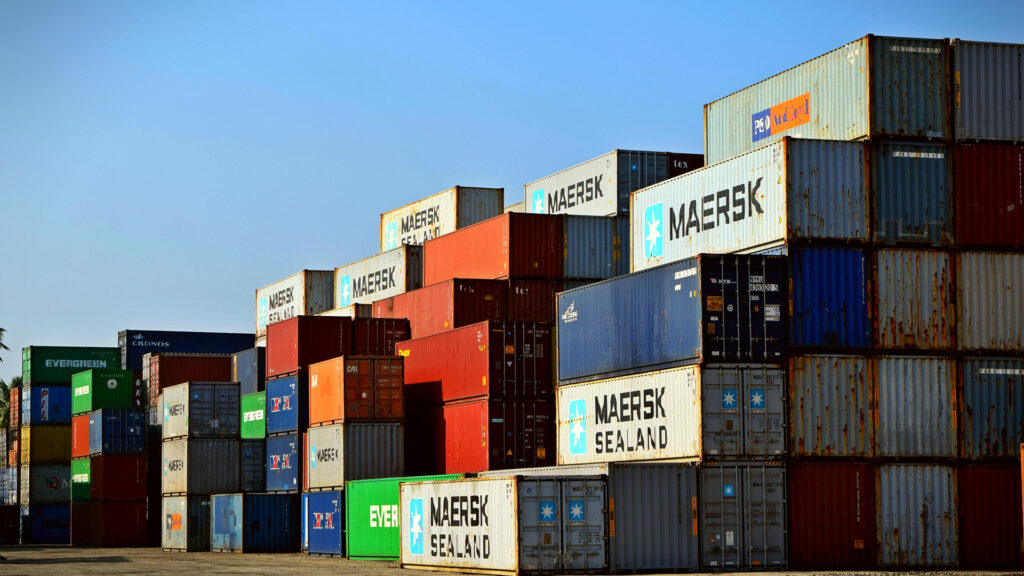Client Alerts
Stay Informed

BIS Affiliates Rule Temporary Suspension
On 1 November 2025, the White House announced that, effective 10 November 2025, BIS will suspend implementation of the Affiliates Rule for one (1) year in connection with recently concluded, broader trade negotiations with China.

BIS Publishes 50% Rule for Entity List and MEU List Affiliates
On September 29, 2025, the US Department of Commerce’s Bureau of Industry and Security (“BIS”) issued an interim final rule implementing a 50% ownership threshold for affiliates of parties on the Entity List and Military End-User (“MEU”) List.

EU Tightens Russia Sanctions and Secures Landmark 15% Trade Deal with US
The European Union has announced two major developments with wide-ranging impacts for companies in the defense, dual-use, and advanced manufacturing sectors: a new round of Russia-focused sanctions and a landmark trade agreement with the United States.

Increased Steel and Aluminum Duties Remove Tariff Exemption and Revise Priority Framework
On June 3, 2025, President Trump raised Section 232 duties on aluminum, steel, and derivatives to 50%, removing reciprocal tariff exemptions and revising the priority framework for US import duties. The changes—effective June 4—affect North American trade, especially with Canada and Mexico, and call for immediate importer compliance review.

De-Stacking of Tariffs and Upcoming Refund Opportunities
This outlines key changes under Executive Order 14289, signed on April 29, 2025, which restricts the stacking of certain U.S. trade remedy tariffs—including Section 232 and IEEPA duties—and establishes a hierarchy for their application. The order applies retroactively to entries from March 4, 2025, potentially allowing importers to seek refunds where overlapping tariffs were imposed.

Where Are we now on USMCA and Sec. 232 Tariffs?
This will provide a brief outline of key developments last week regarding the current delay and potential re-implementation of tariffs on products of Canada and Mexico, imposed under the International Economic Emergency Powers Act (“IEEPA”) and Section 232 (National Security) duties on steel and steel derivative products and aluminum and aluminum derivative products.
